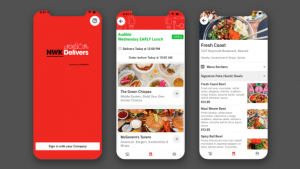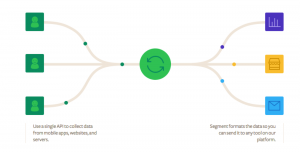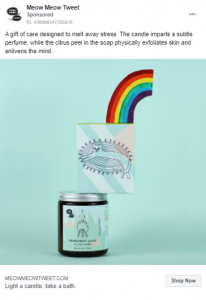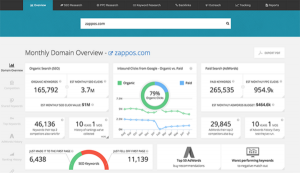— November 8, 2018
More and more, companies are focused on creating events to engage with potential customers. As companies have realized the benefits to brand and value, event marketing has become all the rage. But should you do a webinar or seminar? The answer is not always that clear.
Why Event Marketing Works
If I had a dollar for every sales team that said to me, “If I can only get in front of a prospect, I can make a deal,” I’d be a rich man. My response? Riiight.
Well, for those of us that are not faultless sales machines, we desire to find ways to deliver value to potential customers in a context that adds more than expertise by also showing a personal dimension. Getting personal and setting up a relationship with a potential lead is a great place to develop those leads into opportunities.
There are two popular formats for these events: seminars, which are essentially gatherings around a specific topic, and webinars, the online version of the same concept. Each has its own pluses and minuses, and both provide value. So, let’s find out which one works best for you.
The Pluses and Minuses of Seminars
We go to seminars to learn. That is the basic premise. Yet, the aggressive digital marketing world that we live in has changed some of the expectations with this type of event. Now there is more skepticism, more guardedness around what is going to happen in the event. This makes clarity critical.
If you want people to be intrigued, you need clarity – clarity on what a participant will do, what they will learn, and what the value will be to them. So, no matter the format, exploring and sharing value becomes the overall driver of this type of event.
Let’s break down when and why to use a seminar in your marketing and product offering. This will be broad, as we are trying to understand how to best use this in our marketing for many different types of tech marketing companies.
Pluses
Seminars can be great if you deliver software because training around software is always needed. Training seminars can be great because you can meet the customer, connect with users, and create a loyal community.
Seminars can also be great if you want to bring a solution set to a particular group of individuals, or, conversely, if you want to target customers around a specific set of solutions. A seminar around technology in manufacturing might include discussion of your product or service, as well as discussion of a few others that could offer value to the prospect.
Seminars create value because you get to meet the person face to face. There is nothing that replaces that.
Seminars also allow you to be more dynamic and have more conversational-type interactions
Minuses
Seminars involve more commitment from the attendees. This makes the planning and execution more of a consideration.
They tend to be higher cost, especially if you need to do them at a location that is not your office. Food and drink are required.
There are always more administrative considerations for an in-person seminar due to the human factor. You need to consider the flow of the event, where attendees will want to go, and how they’ll know where to be at the right time.
Pluses and Minuses of Webinars
Webinars are the online version of the classic seminar. We go to seminars to connect with potential clients or business partners, as well as to learn new information. Most often, we go to webinars to learn– lecture-style. Webinars tend to be less interactive, and while there are polling and Q&A options, they tend to be more of the sit and listen variety when compared to in-person seminars, where there may be discussions. There isn’t as much exploration or sharing in these types of events because the learning tends to be more one-way. The voice on the computer screen will expound new information to the waiting ears on the other side of the internet connection.
While webinars tend to be less interactive, there’s no doubt that they are valuable in a lot of different ways. Just like anything else, there are both drawbacks and benefits to this style of event.
Pluses
Webinars are extremely flexible. Listeners can tune in from anywhere with an internet connection and listen for as long as they have time.
They tend to be very low-cost, as the host doesn’t have to provide food and drink or support any in-person attendees.
Webinars save time and allow your staff members to set aside an hour or two for the event without any of the time constraints of event prep or clean up.
Webinars can be very effective at imparting information to audience members who do well with audio and visual learning styles.
Minuses
With a webinar, you receive none of the face-to-face interaction that you get with seminars.
It can be much harder to accommodate more hands-on learning styles. Additionally, group exercises don’t really work.
Feedback is limited to post-event emails and surveys. It’s much harder to change your speech based on an audience you can’t see. Oftentimes you have no idea if you are your audience’s sole focus, or if you’re just on in the background as they go about their day.
Deciding between a seminar and a webinar is often a personal decision based on how your schedule works, what you value in connecting with your audience, and your audience demographics. There’s no wrong choice. Both webinars and seminars have their benefits and drawbacks that will influence the type of engagement you receive with your event. But whatever you choose, you still need great event marketing to make it a success.
Press releases, podcast interviews, and social media promotion – the general steps to promote a webinar and a seminar are the same. But your event marketing still needs to be customized to meet your goals and tailored to whichever platform you choose.
Digital & Social Articles on Business 2 Community
(40)





